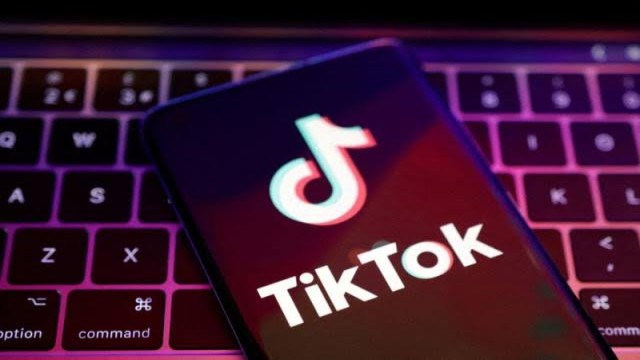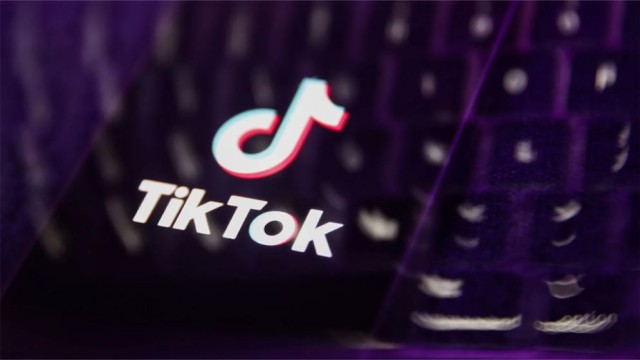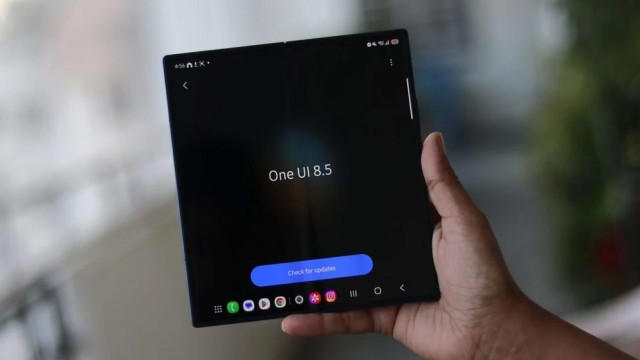The U.S. House of Representatives is gearing up for a swift vote next week on legislation aimed at compelling China's ByteDance to divest from the popular short video app TikTok within six months or risk facing a ban in the United States. The move comes after the Energy and Commerce Committee unanimously approved the measure on Thursday, marking a significant step forward in the U.S. government's efforts to address national security concerns surrounding the app.
The committee's 50-0 vote signals strong bipartisan support for the crackdown on TikTok, which boasts approximately 170 million users in the U.S. This momentum represents a notable development since former President Donald Trump's unsuccessful attempt to ban the app in 2020, with previous efforts stalling due to extensive lobbying by the company.
House Majority Leader Steve Scalise announced plans for the upcoming vote, emphasizing the need to compel TikTok to sever ties with the Chinese Communist Party. However, TikTok has vehemently opposed the legislation, arguing that it effectively amounts to a ban and infringes upon the constitutional right to free expression of millions of Americans.
Prior to the vote, lawmakers received a classified briefing on national security concerns related to TikTok's Chinese ownership. Representative Frank Pallone expressed hope that the legislation would lead to the divestment of TikTok, thereby safeguarding Americans' ability to use the platform without compromising national security.
Representative Mike Gallagher and Representative Raja Krishnamoorthi introduced the legislation to address concerns over Chinese ownership of TikTok, emphasizing the need for a separation to mitigate national security risks. The bill would grant ByteDance 165 days to divest TikTok, with potential ramifications for app stores and web hosting services.
While the proposed legislation enjoys support from the White House and Commerce Secretary Gina Raimondo, its passage in an election year may face challenges. Nevertheless, proponents argue that decisive action is necessary to address the national security threats posed by foreign-owned apps like TikTok.
As the House prepares to vote on the bill, the outcome could have significant implications for TikTok's future in the U.S. and the broader landscape of digital security and privacy.































Comment: